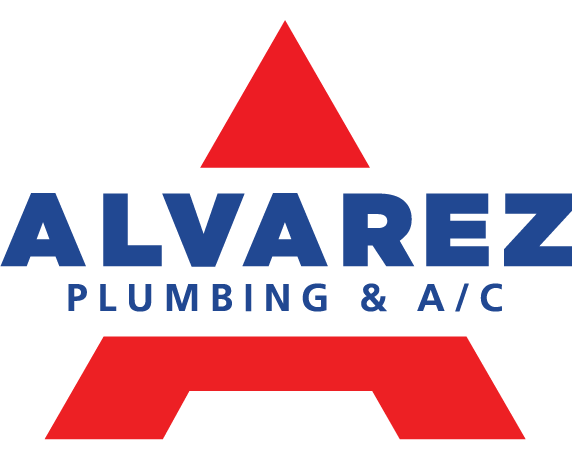The old saying “A stitch in time, saves nine,” is and adage that applies to plumbing maintenance around your home. Simple regular maintenance checks will keep everything flowing without issue. Don’t wait until leaks become expensive floods.
Plumbing Maintenance Made Easy
- In case of emergencies make sure you know where and how to shut off the main water supply to your home as well as individual shut off taps for each particular section of plumbing.
- Keep a supply of maintenance materials in an easy to find kit – a small supply of washers, pipe repair tape, pliers, hacksaw, basin wrench, pipe wrench, and a rubber plunger should be sufficient for most maintenance jobs.
- Repair dripping or leaking taps immediately. Drips waste precious water and may be costly even in the short run.
- Regularly remove and clean filters on faucets as well as faucet aerators. The latter and shower heads may benefit from soaking in vinegar and baking soda to remove residue.
- Remove hair from shower traps regularly to avoid costly blockages.
- Make a regular time to clean out traps under sinks; take the opportunity to check for anything that might have been inadvertently lost.
- If drains are clearing slowly – add baking soda and vinegar, let it bubble and clear before rinsing. There are other commercial caustic products available but be sure to read the instructions
- Clean waste disposal units with ice cubes made of vinegar, and churn them through the unit regularly.
- Check plumbed in appliances such ice makers in refrigerators and also water hoses for washing machines to check for any cracks or corroding rubber
- If you live in an earthquake zone, make sure water cylinders are securely fastened to solid structures
- Make sure water is not leaking from the toilet cistern. Remove the cover and check if the seal needs replacing. You can also reduce the amount of water flushed by adding a solid brick to save on your water usage bill.
- If your toilet shows any sign of movement, check for corroded bolts and mountings. Repair immediately to avoid an emergency later.
- Check for seepage around sinks, shower and bath. Modern silicone fillers are relatively easy to apply and very effective. It may not be obvious, but constant damp may destroy wooden joists and cabinetry.
- Check under the floor boards especially if there is any sign of mildew odor or seepage.
- Any corroding pipes should be checked or replaced before they break. If you don’t feel up to the task, employ a reliable plumber before it becomes an expensive emergency call out
- Run water regularly through plumbing in unused guest rooms to keep the water level in P traps and to prevent smells from drains.
- Check any outside garden taps for leaks and deterioration. They are often exposed to the sun and prone to more corrosion.
- Take care what trees are planted close to any drainage; tree roots can cause major problems and require expensive remedies.



Recent Comments